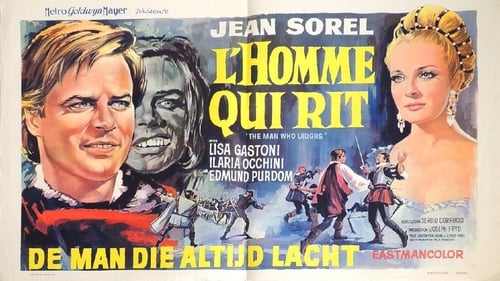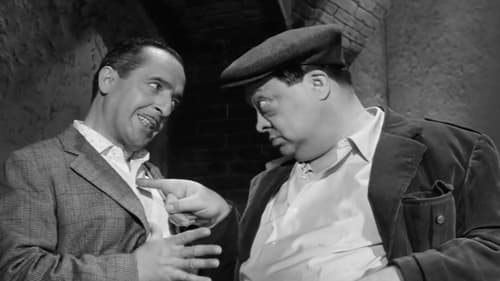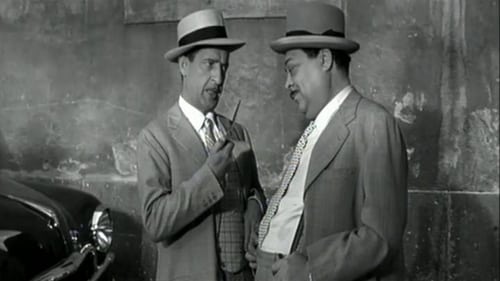
Himself
Documentary follows the experimental drama course given by the old Italian theatre and opera legend Lucio Ronconi every summer in a remote corner of Umbria, where young, dedicated acting talent rehearse several plays.

Director
Ruggero Raimondi and Barbara Frittoli star in this 2006 production of the Verdi opera with Zubin Mehta conducting the Maggio Musicale Fiorentino. Giuseppe Verdi's last opera is given new life in this production by Luca Ronconi. Utilizing the sights and social conditions of modern Britain, this version of Shakespeare's THE MERRY WIVES OF WINDSOR keeps the comedy accessible while still featuring all the elements that have made this opera a perennial favorite.

Director
Live from La Scala Wednesday 10 December 2003

Director
指揮:リッカルド・ムーティ
ミラノ・スカラ座管弦楽団
演出:ルカ・ロンコーニ 収録:2000年3月14-17日 ミラノ・スカラ座 トスカ:マリア・グレギーナ
スカルピア:レオ・ヌッチ
カヴァラドッシ:サルヴァトーレ・リチートラ アンジェロッティ:ジョヴァンニ・バッティスタ・パローディ 他

Director
Live from La Scala Wednesday 14 December 1988.

Director

Director
I Vespri Siciliani must me Verdi's most underrated masterpiece. Most people are put off by the fact that it has 5 acts, therefore they conclude that it must be incredibly long. It is long but not as long as some people may fear as most of the acts are under half an hour each. The total length of the DVD in question is 171 minutes, just under 3 hours, including titles at the beginning, applauses and curtain calls between the acts and at the end. The opera contains Verdi's most powerful overture and a number of very elegant arias, duets and ensembles for the principals.

Director
La Scala went all out for its 1986 production of this grandest of grand operas, with a strong cast and, most important for a video recording, a larger-than-life staging. The Triumph Scene in Act II is by no means Aida's only attraction, but it is the part that makes the strongest and most lasting impression and it is the visual and musical climax of this production. Stage director Luca Ronconi brings on a procession to dwarf all processions: looted treasures, heroic statuary, miserable captives struggling under the lash of whip-bearing slave drivers. On par with these visuals is Lorin Maazel's first-class performance of the popular Grand March with the outstanding La Scala chorus and orchestra. In Act III, the contrasting tranquility of the Nile Scene also gets a visual treatment to match the music's qualities.

Director
It truly is an historic performance. Domingo looking and singing like a god pouring out golden tones; Renato Bruson sounds, like the sublime Verdian Baritone that he was at that time; Nicolai Ghiaurov proves again that he was one of the greatest "Verdi Basses"; Mirella Freni shows that there was more to her than just being Mimi and Susannah-in fact I can remember reading that at the time of the premiere of this production that there were fist fights (not unusual in La Scala's gallery) between Mirella's many fans--between those fans that just wanting her to continue singing the light lyric repertoire that they were use to her singing and those that felt she should and could sing the lyric-spinto repertoire which, of course, she proved that,indeed, she could (She's still singing more than twenty years later). This performance captures some of the best Verdi singers of the time doing dear ole wonderful Giuseppi proud.

Himself

Director
A groundbreaking production of Verdi's masterpiece and its first video recording. Recorded live in Florence in 1977.

Screenplay
A 1966 French-Italian film version made in Italy, titled L'uomo che ride, directed by Sergio Corbucci. This version features elaborate colour photography but a very low production budget. The main action is shifted to Italy and moved yesterwards in time, with the deformed protagonist meeting Lucrezia Borgia instead of Queen Anne. In this version, Gwynplaine is renamed Angelo (played by Jean Sorel). His disfigurement is represented as a single broad slash across his mouth, crude yet convincing. The story (which is attributed, in the movie credits, to the director, producer and others involved in making the film, but not to Victor Hugo) is a swashbuckler pitting the disfigured acrobat against the henchmen of the Borgias. At the end, Dea (actress Lina Sini) miraculously acquires her eyesight and Angelo undergoes surgery that completely reverses his disfigurement and renders him perfectly handsome.

Gennarino Esposito
Returning from his honeymoon, Marcella finds out she is pregnant. The to-be grandparents fight on where the baby will be born and on his name. The parents of the baby, tired of those fights, run away to Milan.

Gennarino Esposito
Cesare, from Rome, and Mimì, from Naples, don't agree with their children marriage, so the young couple runs away from their home.

Andrea Bardi
The young Claudia wants to escape from the gray life of the province and aims rich men but each time with unhappy results. Only the brother will eventually succeed in shaking her from this purpose.

Guest at the Party (segment "Amore 1954") (uncredited)
Six episodes (adapted from as many short stories: Gozzano, D'Annunzio, Guido Rocca, Marino Moretti, Alba de Céspedes and Oreste Biancoli), six love stories set in different moments in italian recent history.










